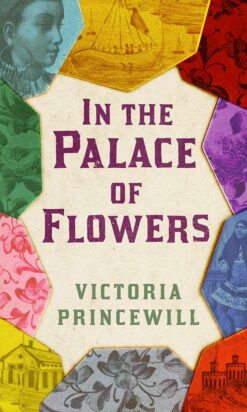Victoria Princewill (Manchester, 1990) is a British-born management consultant-turned-writer. Educated at Oxford and UCL, with a BA in English and MA in Philosophy, her work on race and contemporary culture has been published by the BBC, the Guardian, the Independent, the London Review of Books and n+1 magazine. She co-founded a TEDx series whilst a student, and in her spare time, she attends philosophy salons.
[fts_twitter twitter_name=vpofrances tweets_count=3 twitter_height=450px cover_photo=no stats_bar=no show_retweets=no show_replies=no]
₦3,000.00 – ₦6,000.00
₦6,000.00

